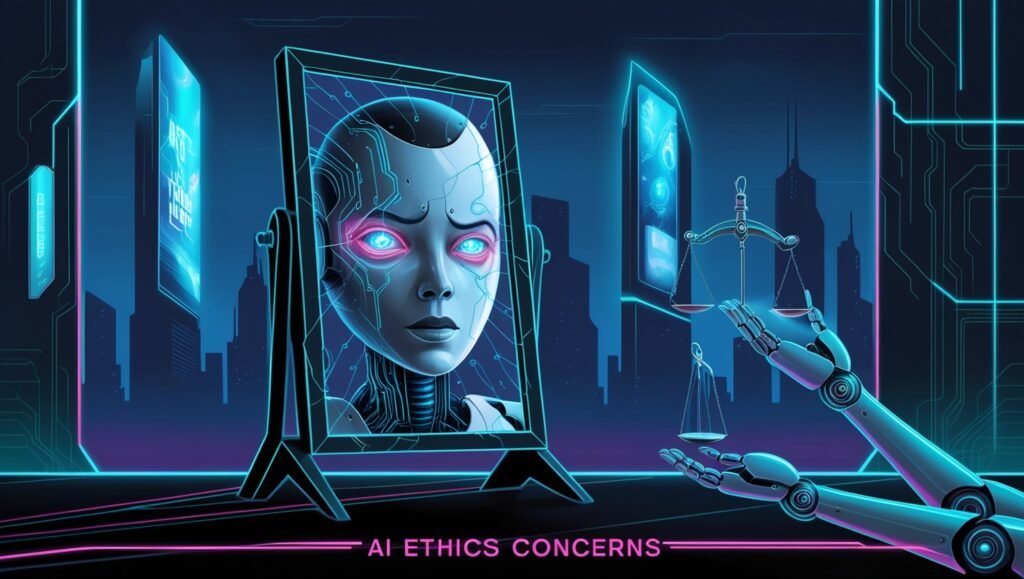
On November 26th, the tech world was shaken by the tragic loss of Suchir Balaji, a 26-year-old former OpenAI researcher and whistleblower. Found dead in his San Francisco apartment, the Office of the Chief Medical Examiner confirmed his death as a suicide, ruling out foul play. The news has not only left many grieving but also reignited critical debates about the ethics of artificial intelligence and the pressures faced by those who choose to speak out.
A Bright Mind with Big Concerns
Balaji graduated from UC Berkeley with a degree in computer science. In 2020, he joined OpenAI, where he worked on major projects, including WebGPT and ChatGPT. However, his enthusiasm for AI’s potential began to dim.
Balaji grew uneasy about OpenAI’s alleged use of copyrighted material to train its AI models. In an October post on X (formerly Twitter), he wrote:
“Fair use seems like a pretty implausible defense for a lot of generative AI products, for the basic reason that they can create substitutes that compete with the data they’re trained on.”
His concerns extended beyond copyright issues. He believed generative AI could harm businesses and society. These ethical conflicts led him to leave OpenAI earlier this year. In an interview with The New York Times, he said:
“If you believe what I believe, you have to just leave the company.”
A Whistleblower in the Spotlight
After leaving OpenAI, Balaji spoke openly about his concerns. He criticized generative AI tools for undermining industries by replacing copyrighted works with AI-generated alternatives. His warnings gained attention as OpenAI and Microsoft faced lawsuits over alleged copyright violations.
Balaji believed OpenAI’s approach to generative AI posed significant risks to the digital ecosystem. In an October blog post, he argued that the negatives outweighed the benefits. His whistleblowing made him a respected voice in some circles, but it likely came with immense personal pressure.
Community Reacts to His Loss
This story is sad.
Suchir Balaji who was called to testify against open ai was found dead. It’s being ruled a suicide. He doesn’t seem suicidal in his last post on 𝕏.
I want to joke about Epstein or other cases, but this isn’t a joke. This looks like an honest man taken out… pic.twitter.com/0ESKlZj0Az— 🫶Big Papi Joe Moore🤟 (@SimJoeMoore) December 14, 2024
Balaji’s death left the AI community in mourning. OpenAI expressed its condolences, saying:
“We are devastated to learn of this incredibly sad news today, and our hearts go out to Suchir’s loved ones during this difficult time.”
Elon Musk, a vocal critic of OpenAI, also shared his thoughts online. He reflected on the human toll that technological advancement can bring.
AI Ethics: A Pressing Issue
Balaji’s death reignited discussions about AI ethics. His criticism of OpenAI’s reliance on copyrighted data highlighted the industry’s legal and moral challenges. Ongoing lawsuits against OpenAI underline the complexities of balancing innovation with responsibility.
His concerns remind us that AI’s progress must include ethical considerations. It’s not just about building advanced tools—it’s about ensuring those tools don’t harm society or violate rights.
A Personal Reflection
Suchir Balaji’s death is a sobering reminder of the human side of technology. Beyond his technical brilliance, he was a voice of reason in an industry driven by ambition.
As we move forward, his story should inspire us to prioritize ethics, compassion, and accountability in AI development. Progress is not only about innovation but also about making the right choices in how we innovate.
